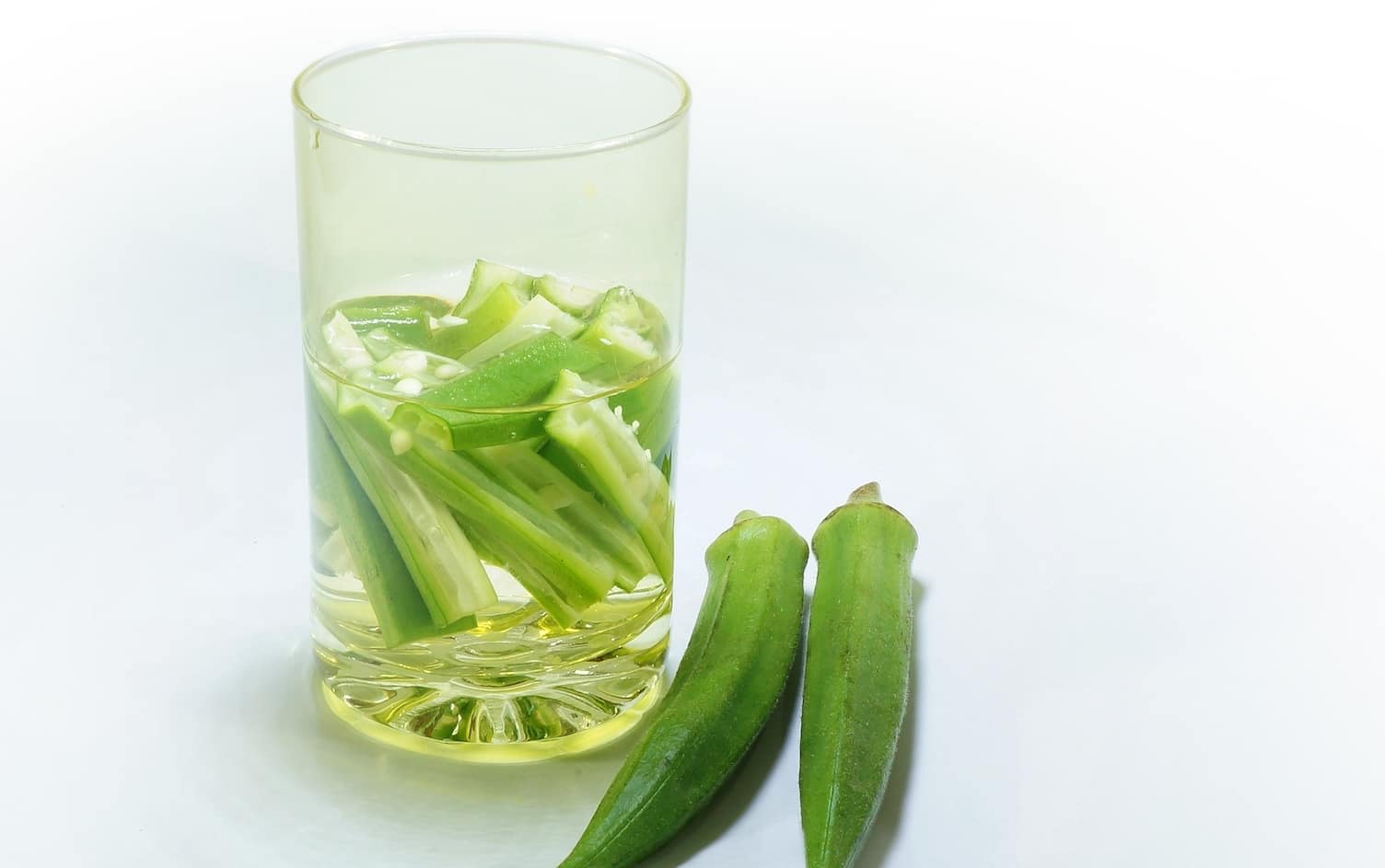Drinks with purported wellness benefits are nothing new. There was celery juice for clearer skin, bone broth for gut health, and, most recently, the #Oatzempic shake for weight loss. And now, you can add okra water to the list.
It’s one of the latest health trends making the rounds on TikTok, with many fans claiming it can improve digestion, reduce bloating, clear up your skin, and even increase vaginal lubrication. But is it too good to be true? We asked registered dietitian Katherine Basbaum, RD, for her take on the okra water craze, and whether or not it’s actually good for you.
Health benefits of okra
A 1-cup serving of okra (the vegetable, not the drink) contains a bunch of vitamins and minerals with antioxidant properties and health benefits backed by research, including:
- Vitamin A: Improves immune system, vision, and heart health
- Vitamin C: Reduces risk of cardiovascular disease and cancer and boosts production of collagen
- Manganese: Promotes bone health, stronger immune system, and wound healing
- Fiber: Improves digestion and reduces cholesterol
Does okra water actually work?
While there isn’t any scientific evidence supporting okra water, there is research supporting okra itself. “Okra contains various nutrients and phytochemicals that have shown to improve skin health (carotene and niacin) and promote healthy digestion (fiber),” Basbaum summarizes.
However, the okra water trend probably isn’t the miracle cure that influencers claim it to be. “Yes, if you drink water that was used to soak some kind of fresh produce, some nutrients could potentially leach into the water,” Basbaum says. “But is it better than getting 100% of the nutrients from eating the vegetable itself? Nope.”
How to incorporate okra into your diet
As mentioned, Basbaum strongly recommends eating your okra instead of putting it in water and drinking it. “This way, you’re getting the full benefit of okra’s rich nutrient profile, versus the much smaller amount you might get from drinking the slimy, okra-soaked water,” she explains. Prepare it any way you’d like, whether that’s roasting, baking, or mixing it into a stew. “Just go easy on deep fried okra due to the added fat and calories,” she cautions.
And if you’re after clearer skin and less bloating? There are better ways to accomplish that than by eating okra. Katherine recommends staying hydrated, eating a variety of antioxidant-rich fruits and veggies (the more color, the better!), and adding in healthy fats like nuts, olive oil, and avocado. And of course, watch your sodium intake.
Pro tip: You can track all of the above, even your water consumption, in the MyFitnessPal app.






